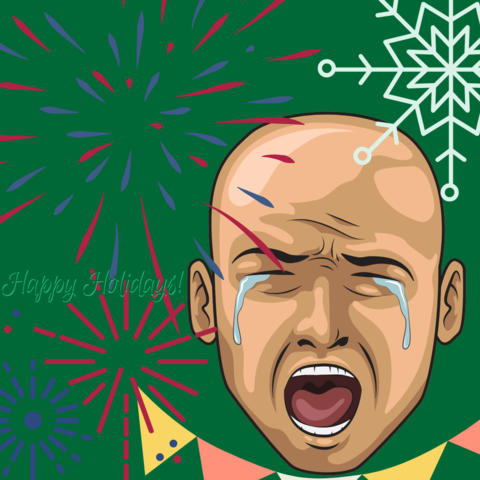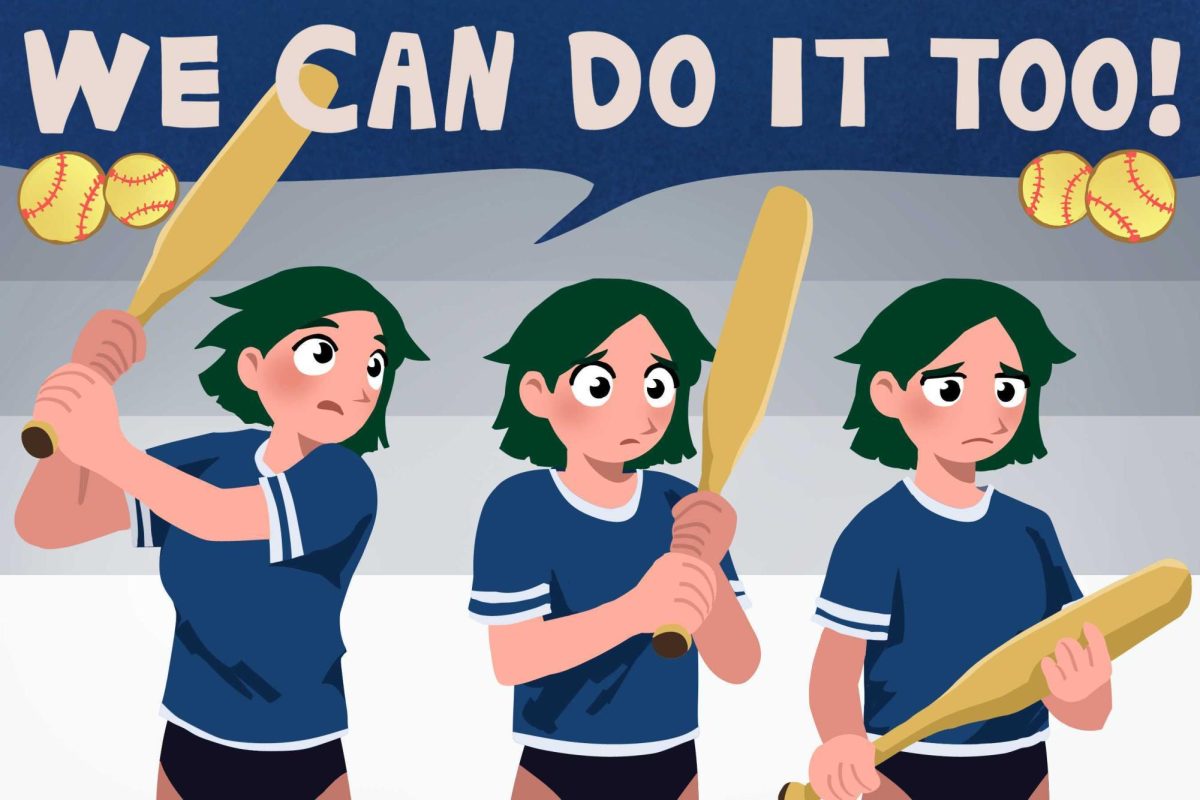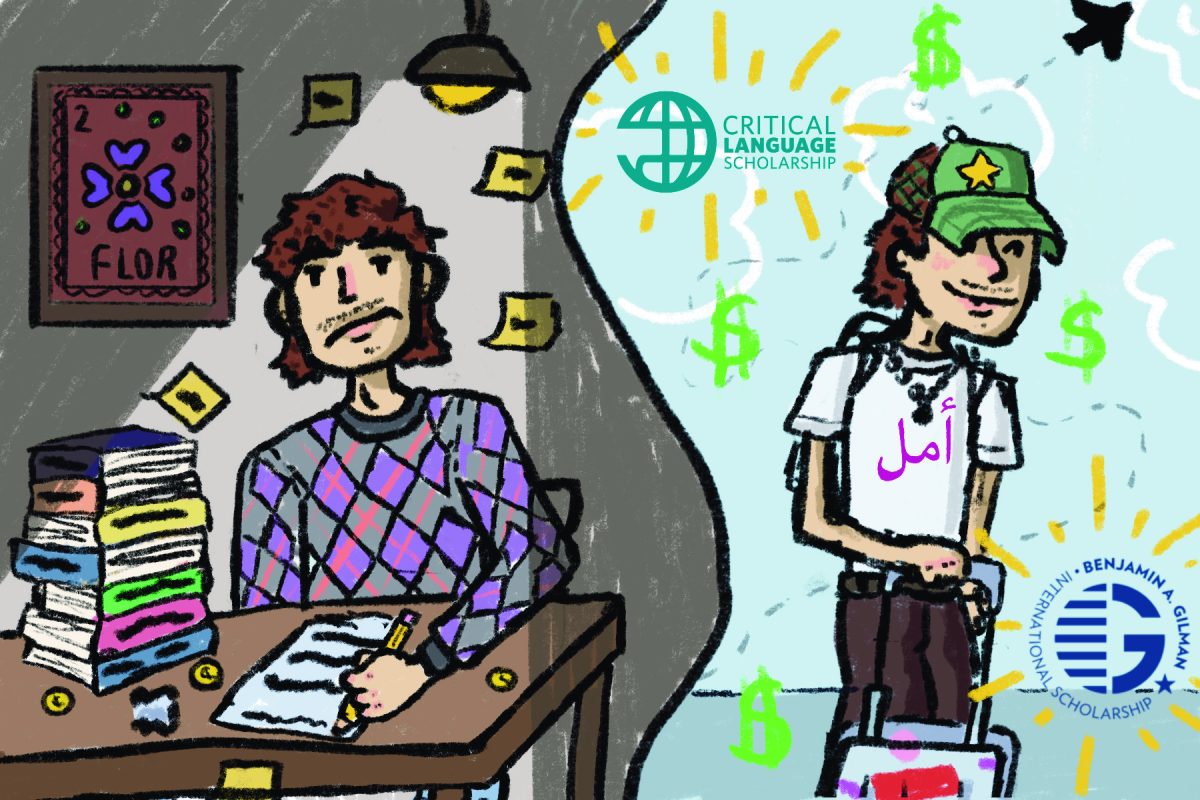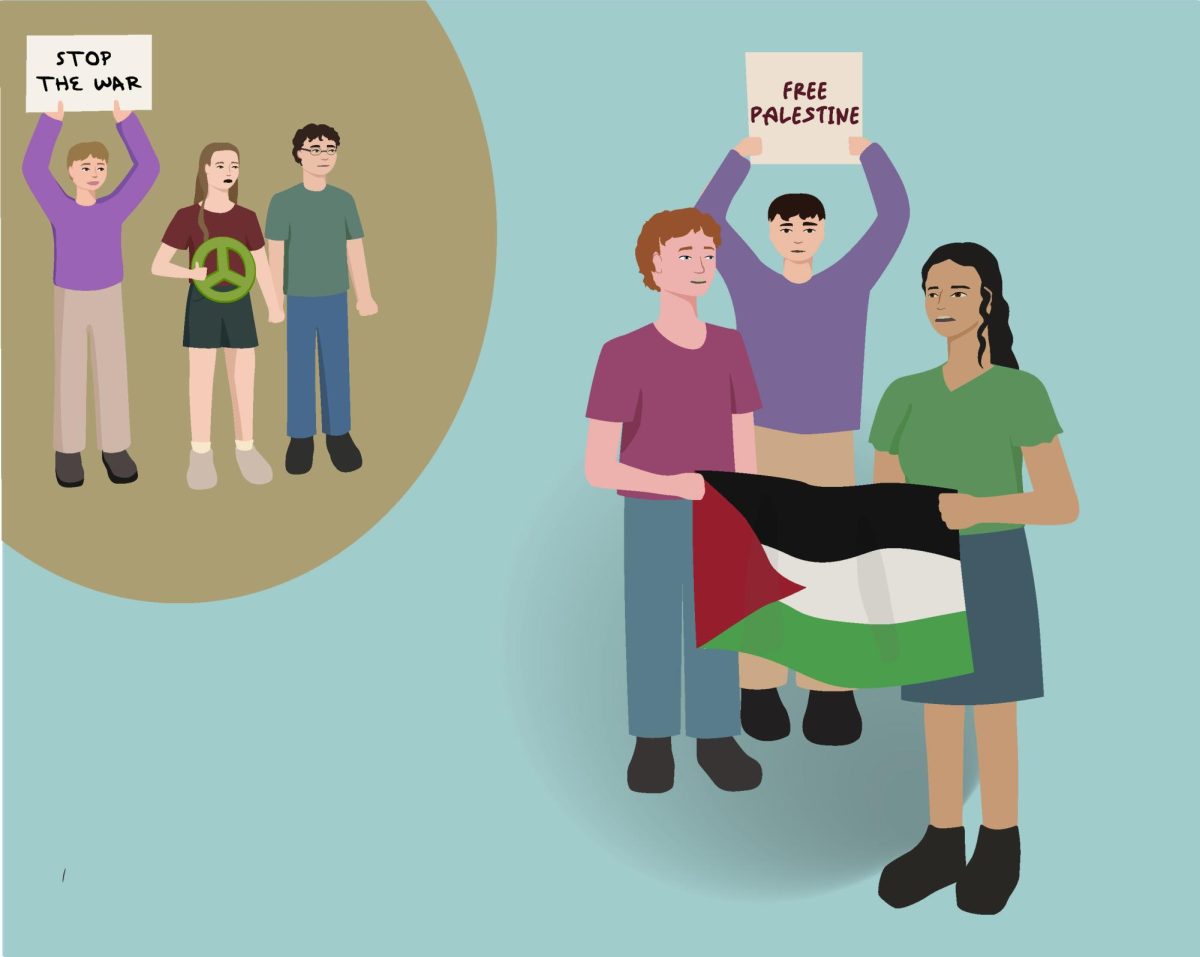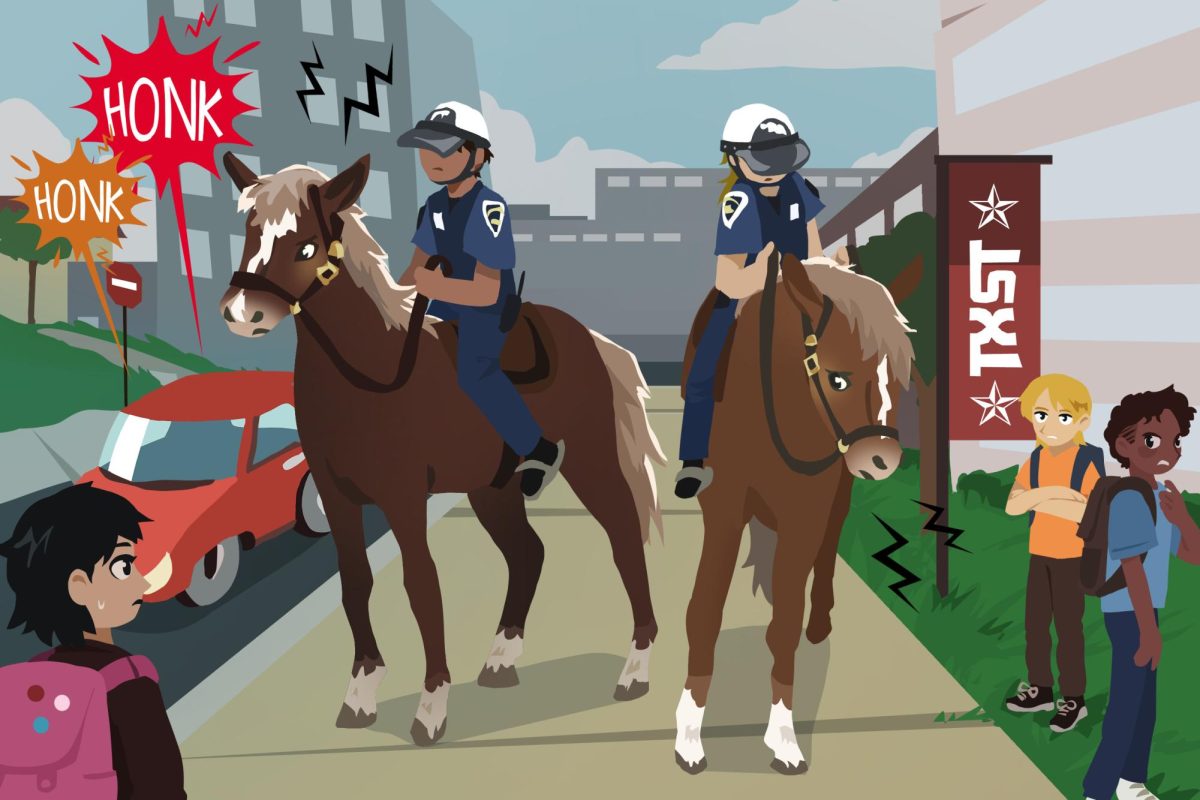For most people, the holiday season is a time of joy—filled with friends, family and gifts. For college students, the end of the fall semester can be a time to determine whether to not to continue school. The holidays do not correspond with a happy time for students. Upcoming holidays equate to heightened stress from several influences in a college student’s life.
Multiple factors can contribute negatively to mental health like a lack of money, exams, seasonal affective disorder, or SAD, or loneliness. Adding up these contributing issues mean holidays might heighten negativity in students’ mental health.
According to a survey from the National Alliance on Mental illness, 64% of people with mental illness report holidays make them feel worse. Already, Texas State resources have seen an increase in the demand for mental health services.
From 2014 to 2019, students diagnosed and treated for anxiety and depression have risen at Texas State, according to The University Star. Mental health issues are a growing concern on campus and can increase due to high times of stress during the holiday season. As the days become shorter and nights longer, people with depression and SAD become at risk.
An additional element affecting students’ mental health is exams and projects, which become a top priority once November arrives. Before students can even think about what they are going to do for Christmas, they must prepare for finals. Students will lose sleep and spend hours trying to cram or study for classes.
During finals week—Dec. 6-9 and Dec.10-13—Alkek Library will have a 24-hour study hall. The library will be open all day and night for studying purposes. However, once finals are over, the angst of grades being posted arrives and can determine one’s standing for the following semester. This may or may not determine if a student even wants to continue with their studies.
Once finals are over, there is the issue of going home. Not all students have a family to visit or a place to go back to. If individuals live in residence halls, they have to find a place to stay during winter break or register to stay and pay a fee. This could impose a burden on students who do not travel during the break.
If someone does have a family, they might not be the best people to be around, not everyone has a good home life. Strained relationships can make the holidays feel like a nuisance, and going home feels more like a chore than an exciting event.
Even if students do leave their housing or San Marcos for winter break, it does not mean they go on vacation. According to the Bureau of Labor Statistics, over 40% of employees in sales work on holidays. The holiday season is a time students could get additional hours at work.
Students might pick up more shifts or be forced to work extra hours to prepare for Black Friday, holiday shopping or upcoming tuition bills. In the food industry, employees will most likely have to work over the holidays as well. There is no guarantee of full-time benefits or holiday pay at such jobs will be provided.
This goes without mentioning Christmastime correlates to a high-stress work environment—especially for retail—turning already awful jobs into nightmares.
Resources should be available for students to deal with any mental health issues that may ensue during the late fall season including access to the counseling center, mental health hotlines and web services for all students.
The season change can bring an influx of stressors for students and their mental health. It is important to remember not everyone has a place to go to, or a vacation waiting for them. People need to consider the holiday season can be more frustrating than joyful.
– Delilah Alvarado is a journalism senior
Opinion: Holidays can be hard on students
November 19, 2019
Donate to The University Star
Your donation will support the student journalists of Texas State University. Your contribution will allow us to purchase equipment and cover our annual website hosting costs.











